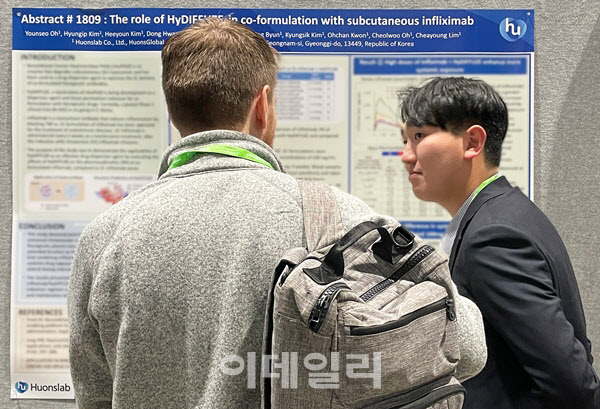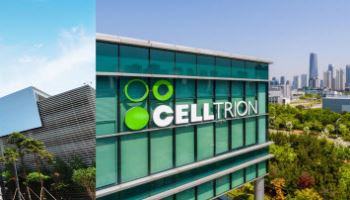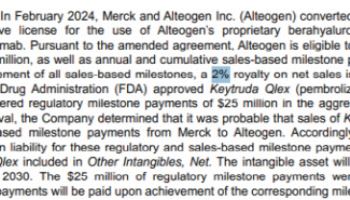 | | An official at Huonslab is describing its formulation conversion technology HLB3-002 from IV to SC and the study results at the annual meeting of American Association for Cancer Research (AACR) on April 28 in Chicago, US.(Source=Huonslab) |
|
[Song Young-doo, Edaily Reporter] Huonslab Co., Ltd.(Huonslab), a subsidiary of the Huons Group announced the result of formulation conversion using recombinant human hyaluronidase ‘HLB3-002’ (also known as rHuPH20) in a poster presentation at the 2025 Annual Meeting of the American Association for Cancer Research (AACR 2025), held in Chicago, USA.
AACR 2025, recognized as the world’s premier cancer research conference, is taking place in Chicago from April 25 to 30. Huonslab’s presentation was conducted on April 28.
Hyaluronidase is an enzyme used as a drug diffusion agent by decomposing hyaluronic acid under human skin. Huonslab is currently advancing the development of technology that enables the conversion of intravenous (IV) antibody therapeutics into subcutaneous(SC) formulations using hyaluronidase.
In Huonslab’s preclinical studies involving rats, the administration of a combination of HLB3-002 and infliximab significantly improved the bioavailability of infliximab compared to infliximab without HLB3-002.
Pharmacokinetic studies using a high-concentration infliximab formulations(exceeding 120 mg/mL) formulated with HLB3-002 demonstrated an over 30% increase in drug diffusion. When the infliximab dosage with HLB3-002 was increased two to threefold, the duration of therapeutic blood concentration was notably extended.
The company anticipates that the co-formulation of HLB3-002 with infliximab can enable dose reductions and prolong dosing intervals for maintenance therapy, potentially improving patient convenience.
HLB3-002 is being developed as a stand-alone, proprietary alternative to Halozyme Therapeutics’ Hylenex®. According to Huonslab, HLB3-002 is manufactured using animal cell culture and its proprietary HyDIFFUZETM production technology, resulting in high-purity product compared to animal-derived hyaluronidase. Moreover, HLB3-002 shares an identical amino acid sequence with endogenous human hyaluronidase, offering a superior safety profiles.
Huonslab’s representative commented, “Through the successful completion of this study, we have reconfirmed the feasibility of developing advanced formulation conversion. Our presentation at AACR 2025 received considerable interest from numerous global pharmaceutical companies, highlighting the international recognition of our research capabilities.
Meanwhile, HLB3-002 is currently undergoing a pivotal Phase 1 clinical trial in South Korea. Following the completion of the trial, Huonslab plans to apply for marketing approval to MFDS in the second half of this year.



![2% Royalty Shock at Alteogen Ripples Through Korean Biotech[K-Bio Pulse]](https://image.edaily.co.kr/images/vision/files/NP/S/2026/01/PS26012200181b.jpg)



!['2% 로열티'가 무너뜨린 신뢰…알테오젠發 바이오株 동반 하락[바이오맥짚기]](https://image.edaily.co.kr/images/vision/files/NP/S/2026/01/PS26012201091b.jpg)


